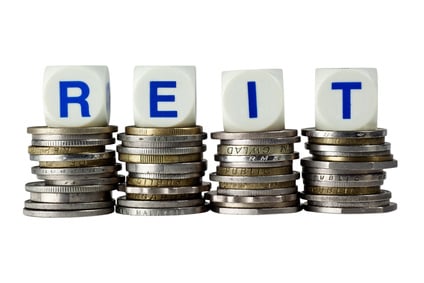When it comes to investing, one of the benefits that can keep some people in the market is the ability to collect dividends. Most companies will make these payments quarterly. A few will pay out monthly. Most monthly payers are real estate investment trusts, otherwise known as REITs. Some companies will pay only once or twice a year.

What Is A Dividend Stock?
Simply stated, a dividend stock is a stock that pays out a dividend. You can purchase a share of stock, and a company will pay you a small amount to hold it as long as you hold it on the ex-dividend date. The meaning of an ex-dividend date is tied to who gets paid the dividend. Those who own shares on the ex-dividend date will get the dividend; those who buy after this date are not entitled to a payment.
Companies that pay dividends tend to have growing revenue and income numbers. A healthy level of free cash flow is necessary to finance the dividend payments. If you're looking to earn money from dividends, you can buy individual dividend-paying stocks, or you can buy funds that invest in dividend-paying companies. REITs function by pooling capital from numerous investors, making it possible for individual investors to earn REIT dividends from real estate investments.
Some dividend stocks can be outstanding investments. Warren Buffett began buying a large cache of Coca-Cola stock in the 1980s. Coke has increased its dividend payout annually since then. Today, he receives nearly 50% of his initial cost basis in dividend payments each year. This is on top of the massive capital gain his company could harvest if it wanted to free up cash.
Other companies that pay dividends are not great investments. Some companies will have a dividend payout that looks great. Many times, companies that are paying 10% or 12% yields are traps. They probably will not have the revenue and income numbers that are necessary to keep making such high payouts. Even name-brand companies that pay dividends can be bad investments. Over the course of two years, General Electric cut its dividend from $0.24 per share per quarter to just $0.01 per share per quarter. Retirees who invested in GE for its dividend had a massive income drop as a result.
Paying close attention to a company's revenue and income numbers is key to ensuring that you'll continue to receive dividends into the future. Companies that can increase these numbers will frequently increase their payouts, and this can mean more money in your pocket over time.
When it comes to looking at the pros of dividend investing, there are a couple that can come to mind quickly. First, dividend-paying stocks tend to have healthier balance sheets than startup companies that are not yet making money. Additionally, with every dividend you receive, the company comes closer to paying for back your investment. If the company that issued your stock increases its dividend payout over time, you could get to a point where you're getting a large percentage of your investment back each and every year.
There are also a couple of big cons when it comes to dividend investing. The first is evident in the story of GE. A company can cut or eliminate its dividend, and if you're looking to that dividend for a large share of your income, you'll feel some serious pain. Another con that can result from dividend investing is the fact that the company pays out money in dividends that could otherwise go toward building the company. This use of the company's income is less efficient from a tax standpoint than simply investing it in growing the company.
Investing in dividends can allow you to build up a growing stream of passive income over time. Just make sure that you don't chase high yields and that you focus on companies that have shown an ability to grow both net income and dividend payouts over time.